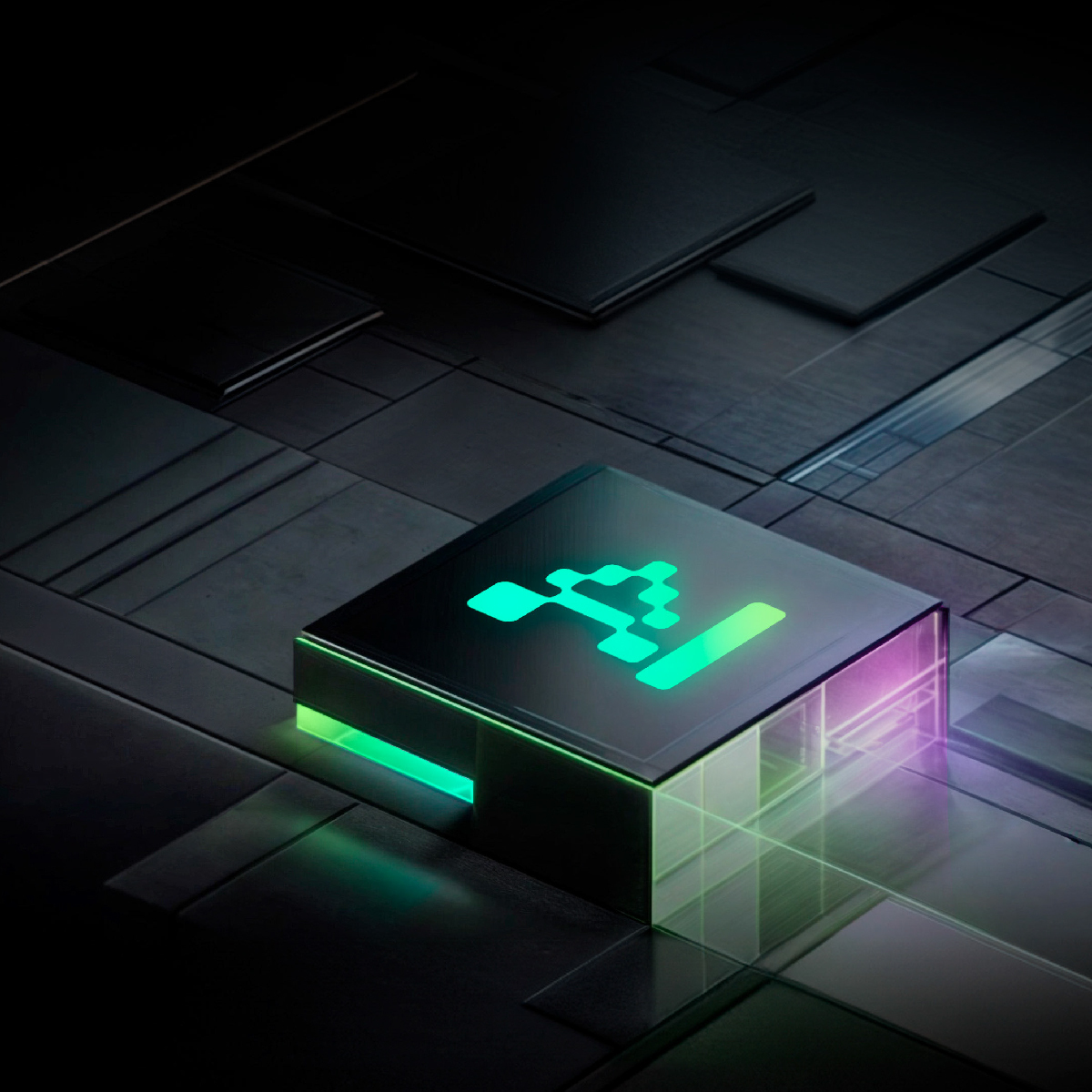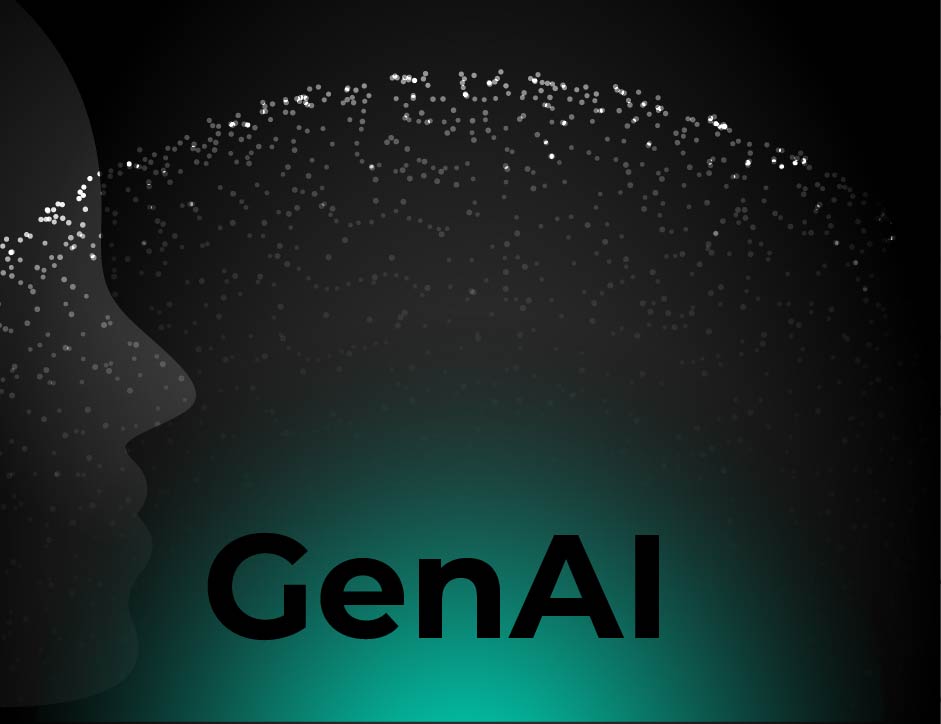Join our newsletter



Artificial Intelligence (AI) is rapidly becoming an indispensable tool in the software development industry. Since the launch of ChatGPT in December 2022, generative AI (GenAI) has catalyzed productivity and innovation across teams, marking a shift in how engineers approach coding and system design. While GenAI isn't ready to autonomously create full systems, it is proving to be a transformative asset, especially for building code "scaffolding." This evolution in software development offers compelling opportunities for CTOs to drive efficiency and quality in their organizations.
A recent survey of over 500 software engineers revealed that 72% of them are using GenAI in their workflows, with almost half employing these tools daily. In particular, 81% leverage GenAI for generating code snippets, replacing manual processes. The rise in adoption illustrates how far the technology has come in just a few years—two years ago, AI was virtually absent from developers’ toolkits.
For CTOs, these statistics highlight a crucial shift: GenAI is no longer optional. It is becoming a standard part of the development lifecycle, empowering engineers to work faster and more precisely.
The same survey reports that 71% of developers experience a productivity boost of 10%-25%, while nearly a quarter report gains exceeding 50%. These improvements stem from GenAI’s ability to handle repetitive coding tasks, allowing engineers to focus on higher-value activities such as problem-solving and system optimization. The roles benefiting most include:
This productivity surge translates into faster delivery timelines for software projects, which is crucial in today’s competitive business environment.
While GenAI accelerates coding, it requires careful oversight. 63% of engineers report finding errors in AI-generated code every time they use it, though most are minor. This trend underscores the symbiotic relationship between developers and AI: engineers now act as editors, refining and integrating AI outputs into robust systems.
CTOs should focus on building teams with strong critical thinking and debugging skills. Experienced developers, who often identify errors more effectively, are key to ensuring that AI-generated code maintains high quality.
GenAI thrives in generating scaffolding code and performing repetitive tasks, yet it struggles with system-level design and intricate integrations. A surprising 20% of engineers believe GenAI is “not good” at code generation, but still use it due to its unparalleled speed. The efficiency gained allows developers to refine pre-generated code rather than starting from scratch, shifting their role from manual coders to problem-solving managers.
For CTOs, this limitation presents an opportunity to upskill teams. As GenAI takes over repetitive tasks, creativity, critical thinking, and collaborative problem-solving will become the most valuable traits in engineers.
Beyond speed, GenAI is enhancing code quality. 74% of engineers report improvements in their work, with 53% noting quality gains of 10%-25%. By providing suggestions akin to tools like Grammarly, GenAI helps developers write cleaner, more efficient code. This quality improvement aligns with the evolving demands of modern software systems, where robustness and scalability are critical.
The Role of CTOs in Driving AI Adoption
For CTOs, the adoption of GenAI tools is not just about keeping up with trends—it’s about reshaping the organization to maximize the benefits of this technology. Here’s how CTOs can lead:
As AI continues to evolve, software engineers will transition into roles that resemble project orchestrators. This shift is already underway, with developers collaborating more on complex issues while relying on AI for foundational tasks. Just as search engines became an essential productivity tool, GenAI will become an integral part of the developer’s toolkit.
For CTOs, embracing this transition offers a competitive advantage. The organizations that adapt to these changes by integrating AI effectively will not only enhance productivity but also attract top talent, creating a workforce prepared for the challenges of tomorrow.
Key Takeaway for CTOs: GenAI represents a paradigm shift in software development, offering faster timelines, improved code quality, and enhanced productivity. By embracing AI tools and fostering an innovative team culture, CTOs can position their organizations for sustained success in an AI-driven future.